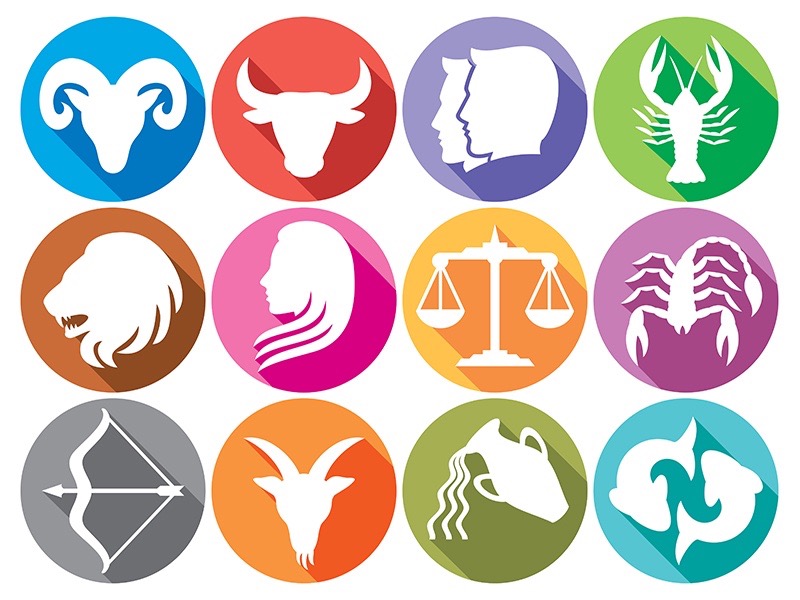Interpreting the Stars
Analyzing the Belief in Horoscopes and Astrology
Photo courtesy of TarotbySharon
The twelve horoscopes have grown more and more popular.
January 18, 2019
In today’s society, most people are certain of one thing: their horoscope. In fact, over 90% of people know what their horoscope is, and half of them believe that their signs are good indicators of who they are (Independent).
With this kind of culture growing, more and more stereotypes are being built up for each horoscope: Aries are mad, Libras are optimistic, Geminis are two-faced, and so on. But what exactly fuels this kind of obsession with horoscopes and astrology?
The truth is that people simply like to be labeled, even as societal resistance to so-called labels increases. Furthermore, the younger generation seems to put the most weight in horoscopes, with over 58% of Americans between 18-24 believing that such astrology is scientific (National Science Foundation).
In some situations, belief runs deeper than seems logical, such as those who use their signs as an excuse for their actions or as a way to judge others. Comments such as “we just don’t get along, it’s because I’m an Aries and she’s a Cancer” and “I can’t help but be insensitive, the full moon is in Leo” showcase just how far people go with their horoscopes.
One of the most widely understood causes for a generational obsession with astrology and horoscopes is that they can be a way to release stress, a coping mechanism. This fits well with the prominence of stress among millennials today: the American Psychological Association survey data shows that since 2014, millennials have been the most stressed generation. Every day, the news brings more and more stories of political unrest, of shootings and riots and climate change and everything in between. Meanwhile, technology is only getting better, making all of the information more available to everyone.
Whereas such development may seem positive, it can also be overwhelming. Sometimes, it can be difficult to wake up every day to new stories of death or instability. This is part of what motivates people to seek sources of stability, something that assures them the world isn’t actually falling apart.
A study conducted by G.A. Tyson titled “People who consult astrologers: A profile” concludes that “consulting an astrologer is a response by an individual to the stresses with which he or she is faced.” The same can be said for online posts, books, and other sources of astrology and horoscopes.
Another factor that often causes people to turn to astrology is uncertainty, particularly about the future. It is human nature to try and find explanations for why and how things happen, and it is all the more satisfying to be able to align astrology to future occurrences. Monisha Pasupathi, a developmental psychologist at the University of Utah, explains that “reading [her] horoscope is like flipping ahead in [her] own story” (The Atlantic). Her stance rings true with many others in today’s society, as the vague nature of astrology often makes it easy to try and connect it with real events.
Alice Ding believes that in some cases horoscopes can end up “stereotyping people, sometimes even causing people to judge others based on their sign,” which she clearly describes as undesirable behavior. However, she and many others can agree that if not taken too seriously, horoscopes are a harmless way to pass the time. After all, there’s nothing wrong with taking a moment to see what the sun, moon, and stars have in store for us.






































